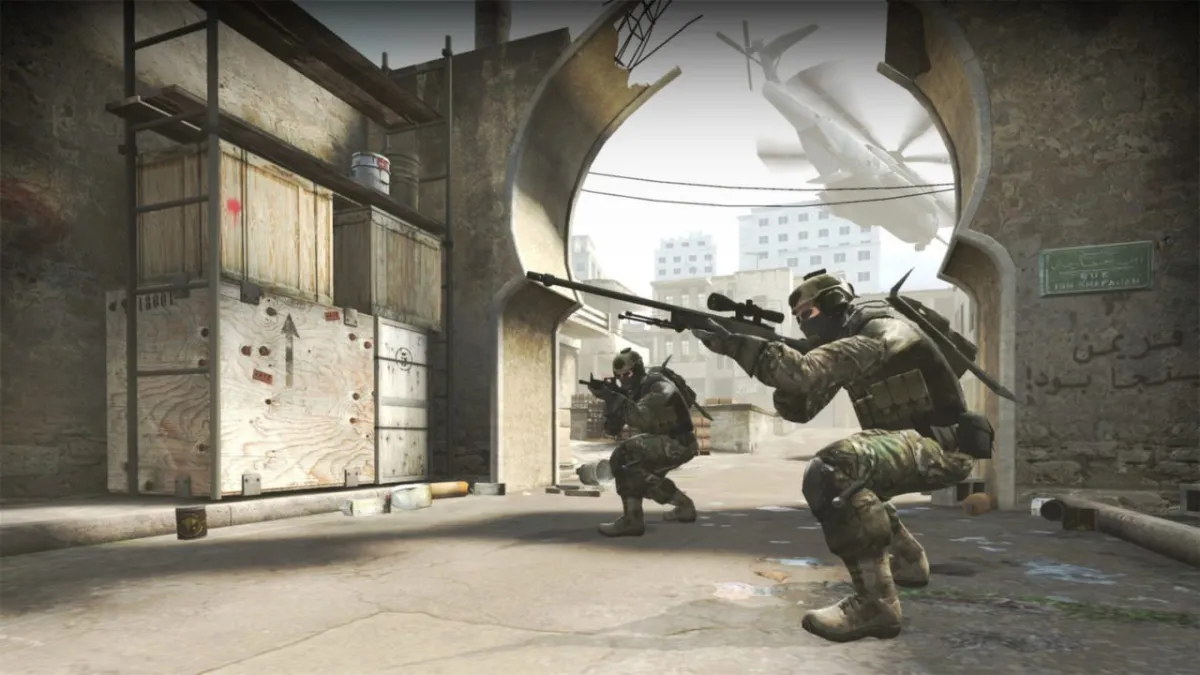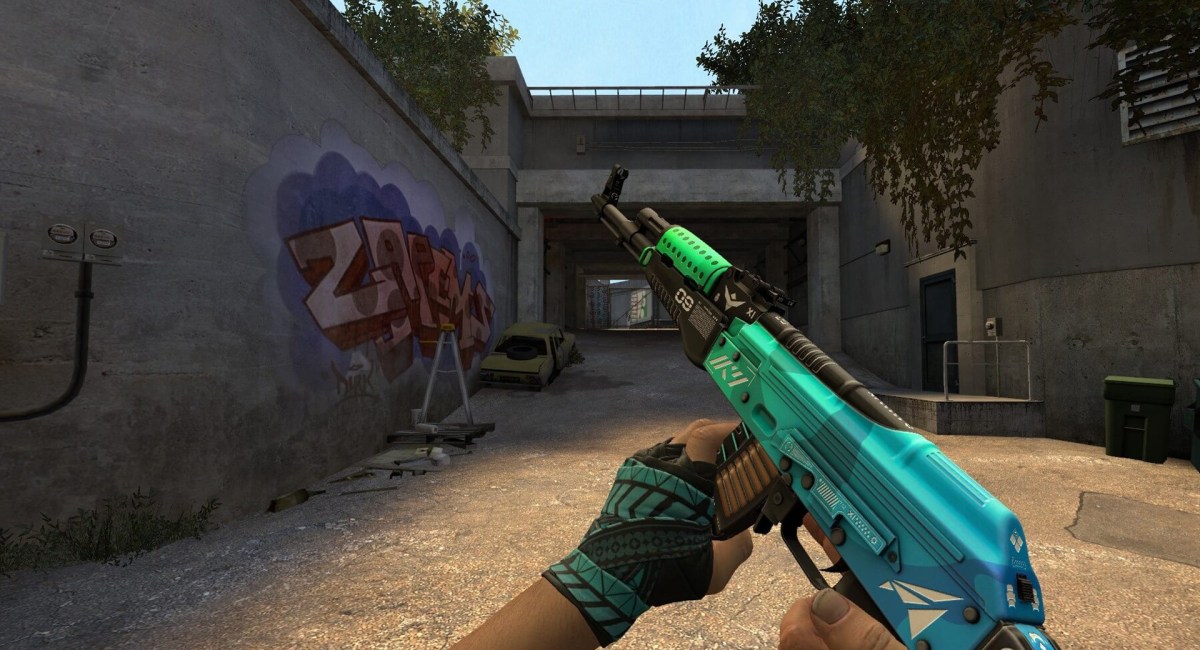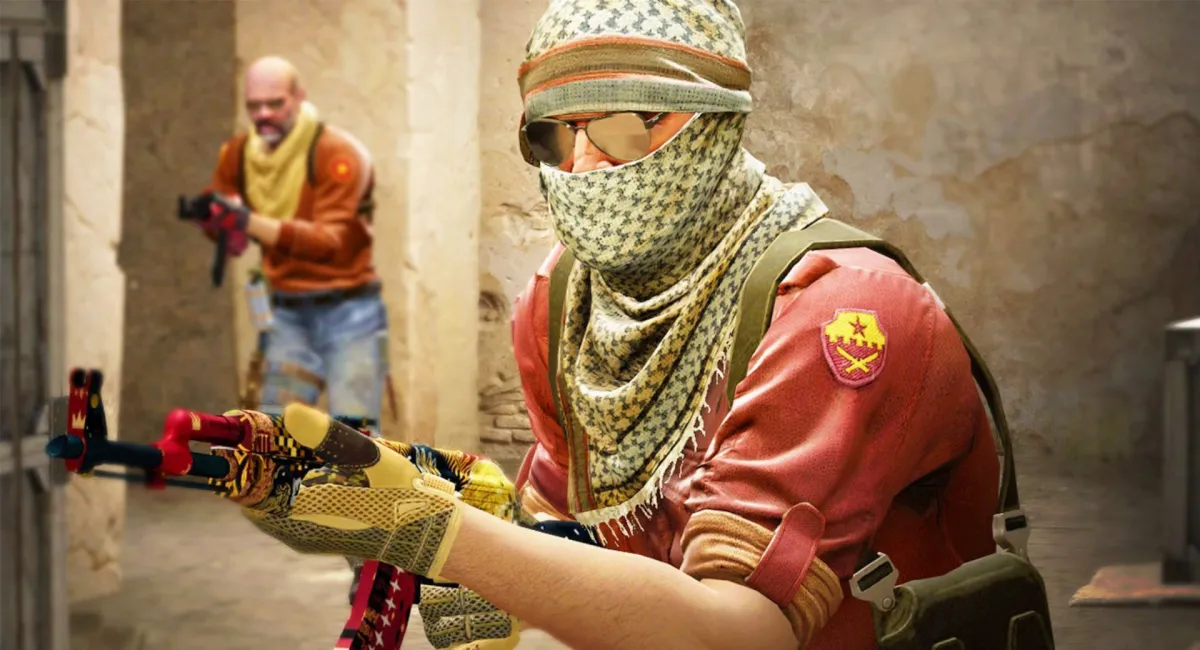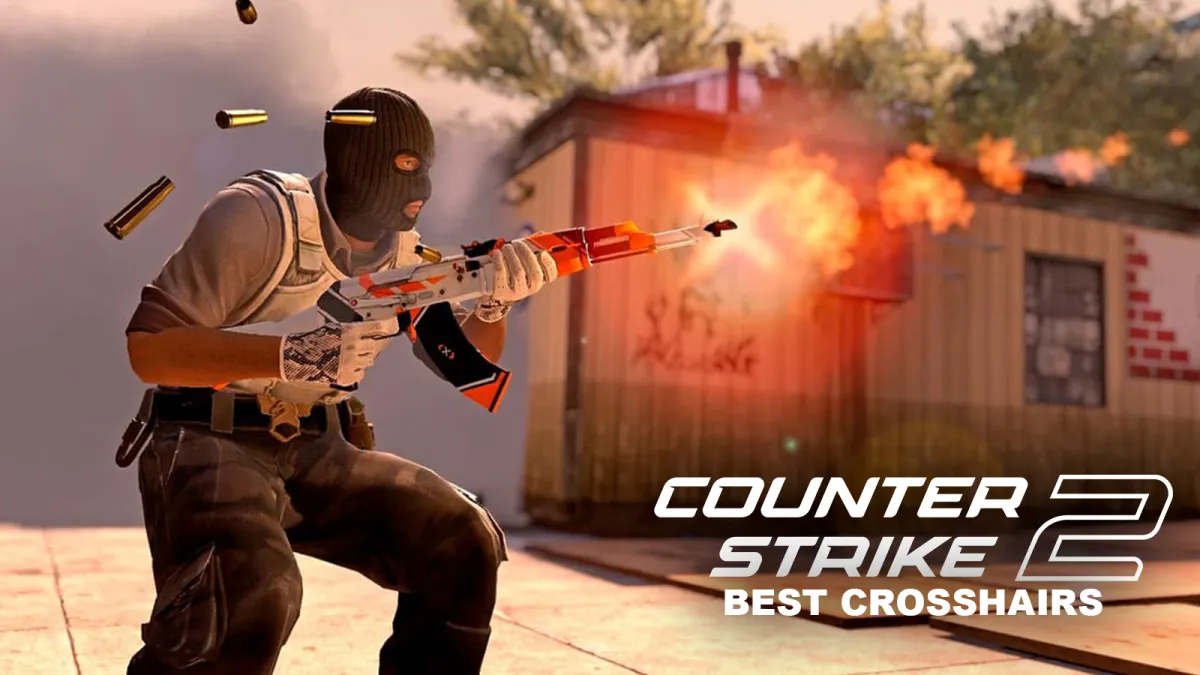Loot boxes are back in the spotlight now that Austrian courts have ruled in favor of a player who lost thousands opening loot boxes in Counter-Strike: Global Offensive. The courts are demanding that Valve pay the player back.
A German news site, Wirtschaft, reported that Valve will be paying the CSGO player about $15,000 if all goes according to plan. The Austrian court often rules in favor of gamers over publishers, so it’s very unlikely that Valve will get out of this. Earlier this year, the court forced Sony to pay back a FIFA player that sued the publisher over Ultimate Team player packs.
Explained litigation financier Richard Eibl: “After the FIFA game operators, the Valve Corporation is now the second video game provider that has been proven to offer illegal gambling in Austria. According to various studies, Valve generates around one billion in sales through Counter-Strike loot boxes. The Austrian market share is not insignificant, as Austrians are very fond of gambling compared to other countries.”
Why is Valve being sued?
A CSGO player sued Valve, stating that weapon cases are a form of illegal gambling due to the fact that you have to buy them and they have randomly generated content. The Austrian Gambling Act ruled that Valve would make a profit from this activity despite not having a gambling license.
Right now, Valve has the chance to appeal the court’s decision but the publisher will most likely pay the player instead.
Weapon skin collecting and trading is a huge part of Counter-Strike’s culture. Opening loot boxes in an attempt to pull rare skins to complete collections or sell on third-party sites is very common. Despite this, loot boxes have remained a major controversy in the gaming community since it can be seen as a form of gambling, with parents especially concerned about their children opening them.
It will be interesting to see if other governments take the same stance as Austria after this shocking ruling in the player’s favor.











Published: Dec 19, 2023 11:25 am